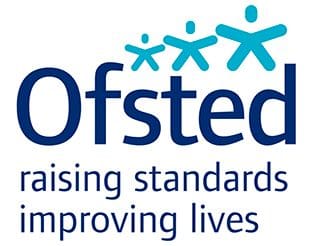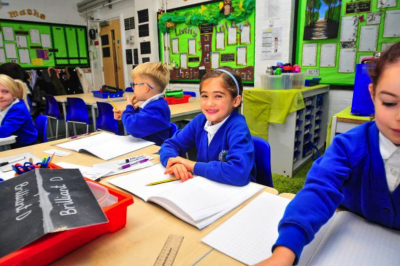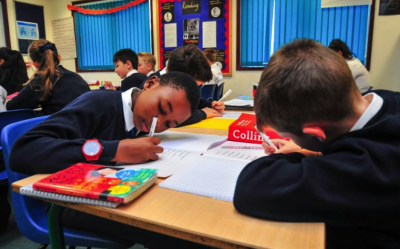
Posted by:Tim Jenner HMI, Subject Lead for History,
Tim Jenner HMI, Ofsted’s subject lead for history report April 2021, reports on the findings from our history subject inspections.
Between January and March 2020, we inspected the quality of history education in 24 primary schools with an outstanding judgement. We spoke to leaders and teachers about the history curriculum, visited lessons, looked at pupils’ work and spoke to pupils.

In all of the schools we visited, pupils enjoyed learning about the past.
1. It was great to see the breadth of the history curriculum across these schools, with pupils studying a wide range of topics from the history of Britain and the wider world. In almost all of the schools, the national curriculum was used as the basis for what pupils were taught.
2. Building blocks of progress. We saw some excellent examples of schools that had carefully considered the building blocks of progress in history, identifying knowledge that was essential to pupils’ understanding of new material. Several schools paid lots of attention to building up pupils’ knowledge of substantive concepts, such as empire, tax, trade and invasion. They are crucial components of pupils’ comprehension of new material because they are abstract ideas, and therefore difficult to grasp, but are also used very commonly in history. In a number of schools, we were impressed by the range and security of pupils’ knowledge of some of these concepts. Schools secured these by using appropriately challenging vocabulary in lessons, explicitly teaching these concepts, using them regularly in context and, sometimes, by assessing pupils’ knowledge of identified concepts.
3. In some schools, we were also impressed with pupils’ chronological knowledge. This is pupils’ knowledge of broad developments and historical periods, and their ‘mental timeline’ of the past. This knowledge supports pupils to place their learning in context both in history and across other subjects. In a number of schools, this knowledge was regularly revisited and assessed, and pupils were securing historical knowledge as coherent narratives. Inspectors were pleased to hear pupils confidently discussing broader developments across the periods they had studied, and drawing on secure and well-organised knowledge of events and periods.

Areas for improvement
1. There were areas of weakness in some of the schools visited. Pupil knowledge was less secure in those schools where leaders and teachers had not identified the knowledge that was most important for pupils to learn and remember.
2. Often, these schools did not assess pupils’ knowledge of the history content they had learned and therefore were not able to ensure that all pupils were making progress in their knowledge of history.
3. In some of these schools, not enough priority was given to pupils building their historical knowledge. Inspectors saw some lesson activities that were not well-designed to secure pupils’ knowledge. These included anachronistic writing tasks, such as writing a newspaper report on the Viking invasions of England, and activities that distracted from the history content pupils needed to learn.
4. We also saw generally weaker practice in the teaching of disciplinary knowledge. This is knowledge of how historians study the past and construct accounts. In most schools, pupils’ knowledge in this area was not secure. We saw a lot of teaching that encouraged misconceptions about the discipline of history. Often, this was because pupils were asked to make complex historical judgements without enough knowledge to support these. In other cases, the way historians analyse the past was misrepresented. For example, pupils were taught to label sources as either ‘reliable’ or ‘unreliable’ using simplistic criteria.
5. In many schools, historical concepts were poorly understood. Teaching sometimes focused on pupils making their own judgements about significance, rather than learning about how others have attributed significance to topics or events. Similarly, pupils were encouraged to ‘come up with their own interpretations’ about the past without enough knowledge to do so successfully, rather than learning about how and why historians construct different interpretations of the past.

